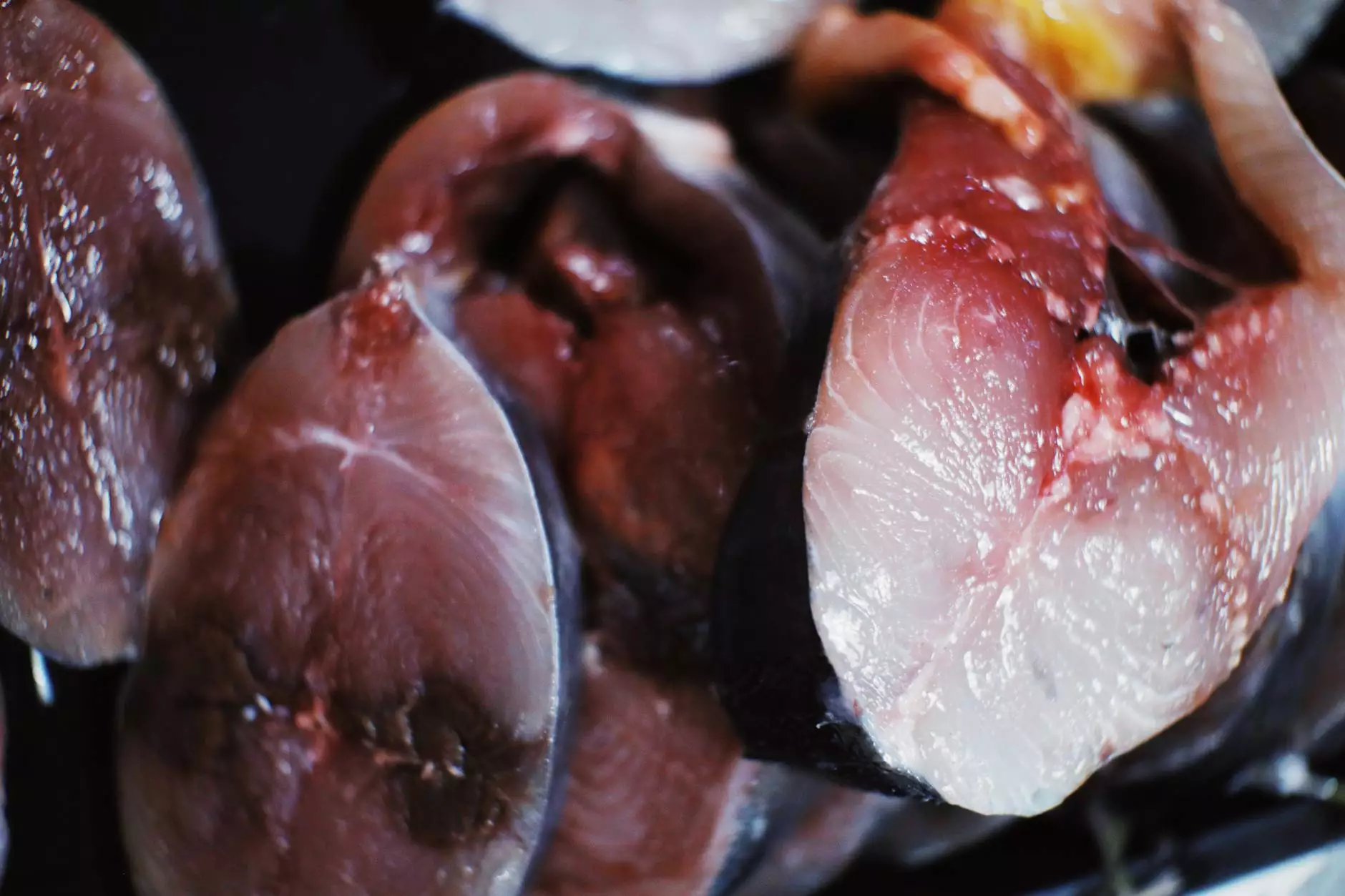Healthier Diet, Less Salt: The Recipe to Beat High Blood Pressure
Heart Health
Introduction
Welcome to Bowling Orthopaedics, your trusted source of health information. In this article, we will delve into the crucial importance of maintaining a healthy diet with reduced salt intake to effectively manage high blood pressure. By making simple yet mindful changes to your eating habits, you can significantly improve your overall health and well-being. Let's explore the recipe for success in beating high blood pressure through a healthier diet.
Understanding High Blood Pressure
Before we delve into the specifics of a healthier diet, let's understand what high blood pressure is. Also known as hypertension, high blood pressure occurs when the force of blood against the walls of your arteries is consistently too high. It is a common condition that can have serious implications for your cardiovascular health. Managing high blood pressure involves a multidimensional approach, and one of the key factors is adopting dietary changes.
The Link between Diet and High Blood Pressure
Research has shown that the foods we consume have a direct impact on our blood pressure levels. A high-sodium diet, commonly found in processed and fast foods, can lead to elevated blood pressure readings. On the other hand, a diet rich in nutrient-dense foods, particularly those containing potassium, calcium, and magnesium, has been linked to lower blood pressure levels. By making conscious choices about the foods we eat, we can take control of our blood pressure and overall health.
The Benefits of a Healthier Diet
Adopting a healthier diet goes beyond managing high blood pressure; it contributes to the overall well-being of your body and mind. Some notable benefits of a healthier diet include:
- Improved cardiovascular health: A healthy diet helps lower the risk of developing heart disease, stroke, and other cardiovascular conditions.
- Weight management: A balanced diet assists in maintaining a healthy weight, reducing the strain on your heart and blood vessels.
- Increased energy levels: Nutrient-rich foods provide the necessary fuel to keep you energized throughout the day.
- Better mood and mental health: Certain foods, such as those rich in omega-3 fatty acids, have been linked to improved brain function and mood regulation.
- Reduced inflammation: A healthier diet can help alleviate chronic inflammation, which is associated with various health conditions.
Key Components of a Healthier Diet
Now that we understand the benefits, let's explore the key components of a healthier diet:
1. Reduce Sodium Intake
Sodium, a major component of table salt, plays a vital role in regulating bodily fluids. However, excessive sodium intake can lead to fluid retention and increased blood pressure. To reduce your sodium intake, minimize processed and packaged foods, as they are often high in salt. Opt for fresh ingredients and flavor your meals with herbs and spices instead. Gradually reduce the amount of salt you add to your dishes, and your taste buds will adjust over time.
2. Increase Potassium-Rich Foods
Potassium helps counterbalance the effects of sodium on blood pressure. Incorporate foods rich in potassium, such as bananas, spinach, avocados, and sweet potatoes, into your daily meals. These nutrient-packed choices not only enhance the flavor of your dishes but also enhance your cardiovascular health.
3. Embrace a Mediterranean-style Diet
The Mediterranean-style diet has long been praised for its heart-healthy benefits. This eating pattern emphasizes whole grains, fresh fruits and vegetables, lean proteins (such as fish and poultry), and healthy fats (such as olive oil and nuts). Following a Mediterranean-style diet can significantly reduce blood pressure levels and improve overall cardiovascular health.
4. Limit Processed and Fast Foods
Processed and fast foods are often loaded with unhealthy fats, sodium, and added sugars. These ingredients can wreak havoc on your blood pressure and overall health. Opt for home-cooked meals whenever possible, as they give you full control over the ingredients that go into your dishes. Aim to consume more whole, unprocessed foods and limit your intake of convenience foods.
Conclusion
Integrating a healthier diet with reduced salt intake is a powerful tool in managing high blood pressure. By making conscious choices about the foods you consume, you can take control of your cardiovascular health and overall well-being. Remember, small dietary changes can lead to significant improvements in your blood pressure readings and your overall quality of life. Start incorporating these guidelines into your daily routine and embark on a journey towards a healthier you!
At Bowling Orthopaedics, we believe that a comprehensive approach to health is essential. For more informative articles and resources related to various health topics, be sure to check out our website!




